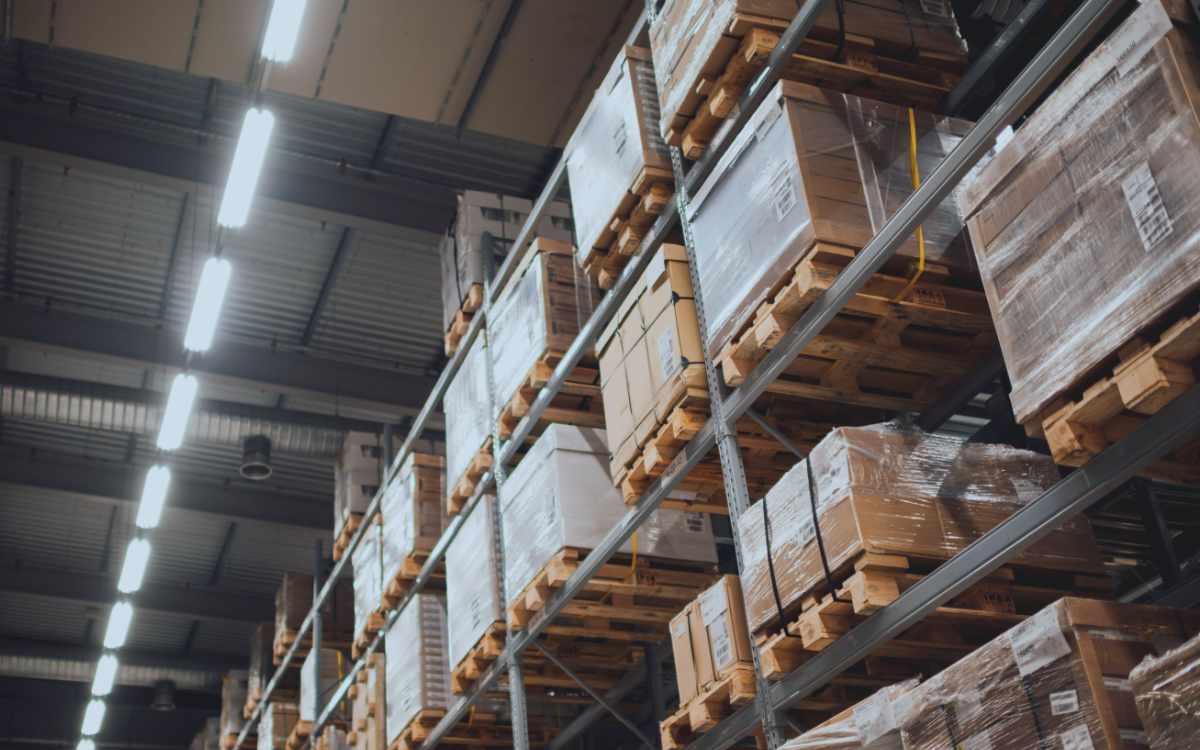Do You Know Which Is The Rarest Metal?
The most common metal on this list – and the most common metal in Earth’s crust – is aluminum. But it’s not the rarest metal. It is the 3rd most common element in the Earth’s crust, after oxygen and silicon. There is more iron than aluminum on Earth, but a lot of the iron is in the planet’s core. Extracting aluminum from its common ore, bauxite, is a process that requires a lot of energy.
The second most common metal on the list is titanium. While it sounds somewhat exotic, it is the 9th most common element in the Earth’s crust. Most minerals have some amount of titanium in them. However, the amount is usually small, and getting a useful amount of titanium out of them is a complex process, which is why this very common metal is fairly expensive.
The third most common metal of these four is zirconium. You’ll find this metal mainly in the mineral zircon. It’s often used instead of pure metal. Using the mineral in high-temperature, corrosive applications where its resistance to damage makes it especially useful. Like titanium, you’ll find it mixed in with other minerals, and getting it out is a difficult process.
The RAREST Metal on the List is Tin
Surprised? Tin seems like the very boring metal responsible for such ordinary things as tin cans and tin foil (manufacturers don’t make these from tin anymore. The cans are steel and the foil is aluminum.). How could this element be rarer than zirconium but so much cheaper?
The reason is the cost of production. Tin can be extracted from its ore in a furnace with technology that has been in use since 3000 BC. Extracting aluminum from bauxite wasn’t economically possible until the late 1800s, and the Kroll process that is used to extract titanium and zirconium wasn’t developed until the 1920s. Because it’s very easy to get tin by itself and so difficult to separate the others, tin is rarer in Earth’s crust but much less difficult to get to.
For those concerned with combustible dust, tin is also the least explosive metal on the list (although it will burn if exposed to sparks or flame). Aluminum fires are common since aluminum dust is a byproduct of so many processes. Titanium dust is dangerously explosive, and zirconium is even more hazardous. Proper dust control and handling of scrap and dust is essential to working with these metals safely. Allowing them to accumulate can be an explosion hazard as well as a health risk.
Reference: http://www.daviddarling.info/encyclopedia/E/elterr.html



